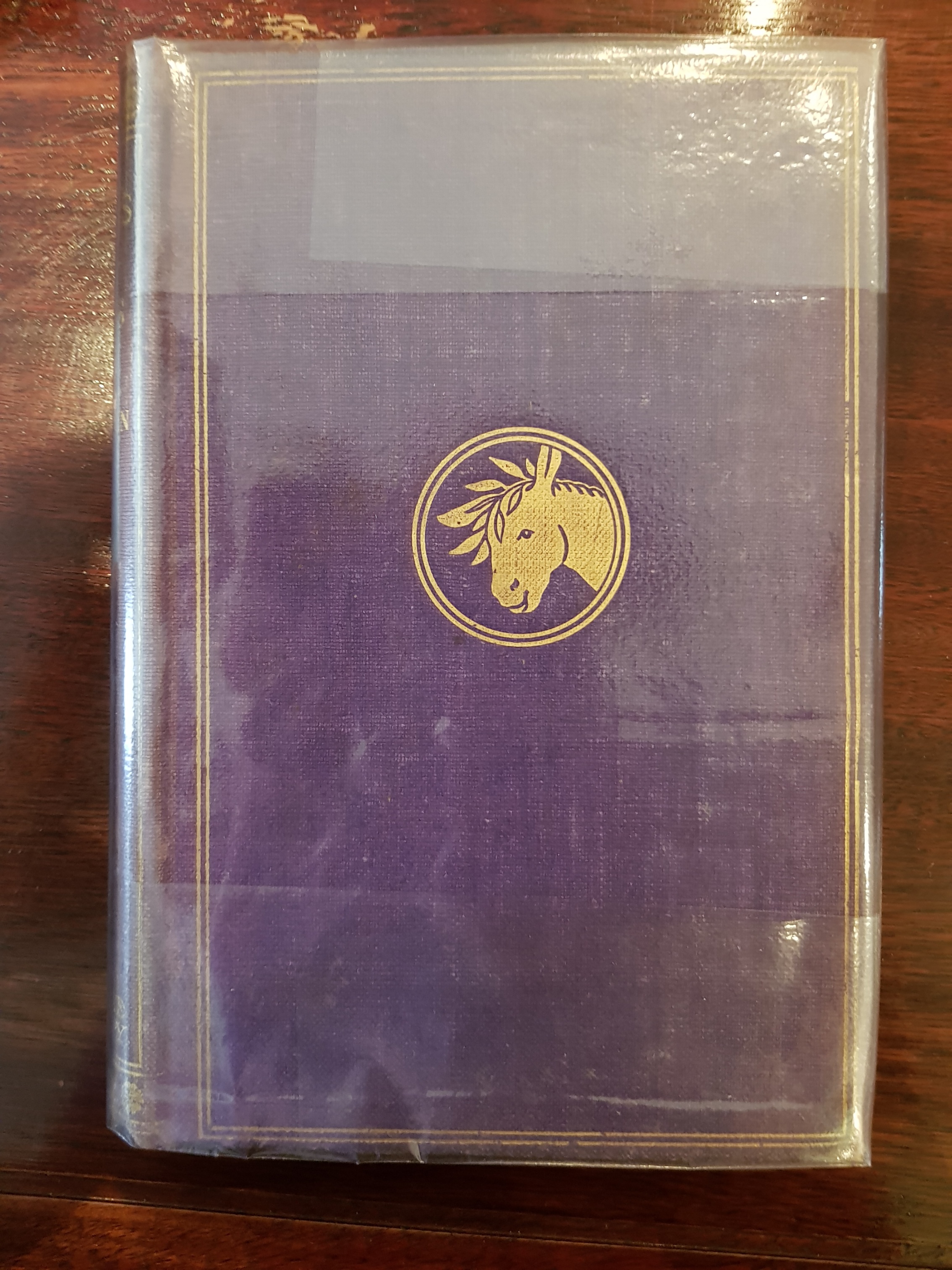

In equating feminine, sexual beauty and power with witchcraft in opposition to religion, it is at first confusing that Isis is represented so positively in Book XI, however, Isis’ ritual procession bears striking similarities to the parade-line of men dressed as women earlier in the novel and Isis herself bears a strikingly similar appearance to witches earlier in the novel as well. These examples of women with magical or occult powers suggest something about a society which was anxious about the idea of women holding a power over those around them or their environments women cannot be powerful simply as mortal women, so these women must be using witchcraft.

There is further textual evidence to support this claim, as well, such as when Venus tells Psyche, in the Cupid and Psyche story spanning Books IV-VI, that she must be a witch, since she was so powerful as to be able to complete the impossible tasks set before her by the goddess or when in Book I a witch with whom Socrates was in a sexual relationship uses her magic to curse him and kill him.


In equating each of these things with one another, magic/witchcraft with sexual beauty (as opposed to the pure, maidenly beauty of Psyche, whom nobody wants to marry or thereby enter into a sexual relationship with because her beauty is something else altogether), the novel is making a statement either about how women who are sexually beautiful have inexplicable powers- or at least that men believe this to be the case. It is important to note that all instances of witchcraft in the novel are perpetrated by women who are both sexually active and attractive, and that even in the end, when Isis’s cult is presented in an arguably more positive light, the cult of Osiris is considered to be even more profound than that of Isis. There are a number of unusual dichotomies pertaining to magic in The Golden Ass, such as day/night, male/female, prayer/spell-work, and the split between locations that magic is practiced: either in Greece or abroad.


 0 kommentar(er)
0 kommentar(er)
